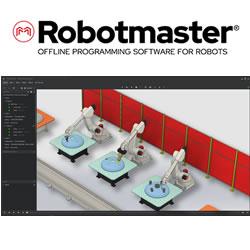How Household Robots Building Future Smart Homes?
The Household Robots Market is expected to witness robust growth due to it's reliable nature and requires less maintenance.
What is Household Robots? Everything You Should Know About it!
A
household robot is a service robot that assists human beings by performing an activity or a job. These robots are autonomous in nature and are operated by built in-control system. It performs the tasks with a high degree of autonomy and can easily connect with the WI-FI networks and are used for various purposes such as education, therapy, and entertainment.
How are Household Robots Replacing Human?
Household robots find their utility in diversified tasks. For instance, robots are widely used for vacuum cleaning. These robots consist of an intelligent programming vacuum floor cleaning system which allows the machine to clean floor autonomously without the intervention of human.
Household Robots Market Growth Drivers:
Household robots are reliable in nature and requires less maintenance.
Owing to the increase in penetration of robots in household applications, increase in technological advancements and increase in cost for labor service a bright outlook for household robots can be seen in the upcoming years.
In addition, some other factors influence the Household Robots Market. These include rapid urbanization and industrialization, product development, and awareness among consumers for acceptance of home appliances.
Major Companies in Household Robot Market:
The key players profiled in the household robot industry includes Samsung, LG, iRobot, Alfred Karcher, John Dheere, bObsweep, Hayward Industries, Bissell, iLife Innovation, Deere & Company, and BSH Hausgerate. These players focus on R&D and the advancement of electronic devices.
Featured Product

